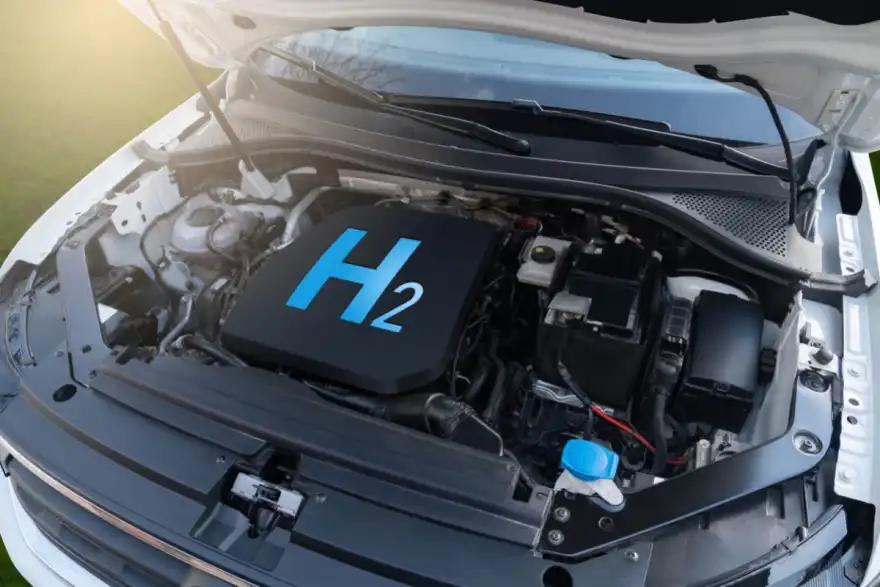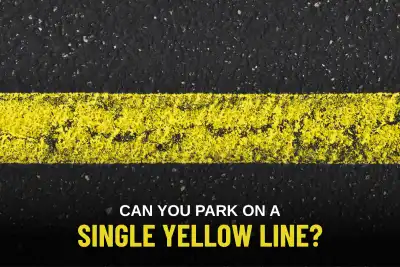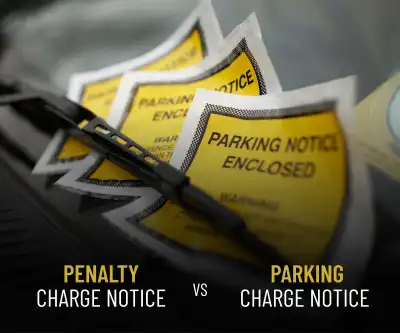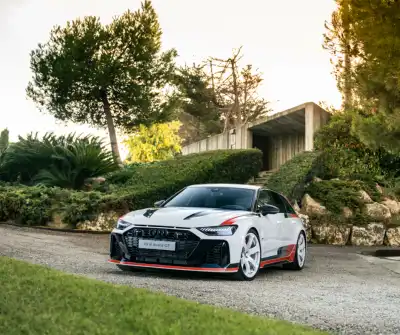
Hydrogen fuel cells have come a long way since they were first thought of in 1842 by William Grove. A big step forward came in the 1990s when Ballard Power Systems made a fuel cell that was as powerful as traditional engines. But, despite progress, hydrogen cars aren't common on our roads yet.
Today, you might spot a Toyota Mirai or Hyundai Nexo, but they're rare. The BMW iX5 Hydrogen is coming by 2030, but for now, there's not much choice. Many carmakers are working on new models, which is promising for the future. These cars could help cut emissions and fight climate change.
So, why aren't there more hydrogen cars around?
Challenges Holding Back Hydrogen Cars:
Infrastructure: There aren't enough places to refuel hydrogen cars. Building these stations is expensive and risky for investors because it's unclear when these cars will become popular.
Cost: Making hydrogen is energy-intensive. Most hydrogen comes from fossil fuels, which is bad for the environment. Making it with renewable energy isn't cheap either. Plus, storing and transporting hydrogen safely is costly.
Government Support: Countries like Japan and Germany are backing hydrogen cars with incentives and targets. In the UK, there's hope with the Hydrogen Strategy, but there's still a long way to go.
Electric Cars' Role
Electric cars have become popular thanks to better batteries and more charging stations. This popularity has put pressure on carmakers to focus on electric cars, possibly slowing down hydrogen car production.
Conclusion
Even though hydrogen cars offer a clean future for transportation, they're still rare. As infrastructure improves, costs drop, and policies support them, we should see more on the roads.
Here's everything you need to know about Hydrogen fuel cell technology




